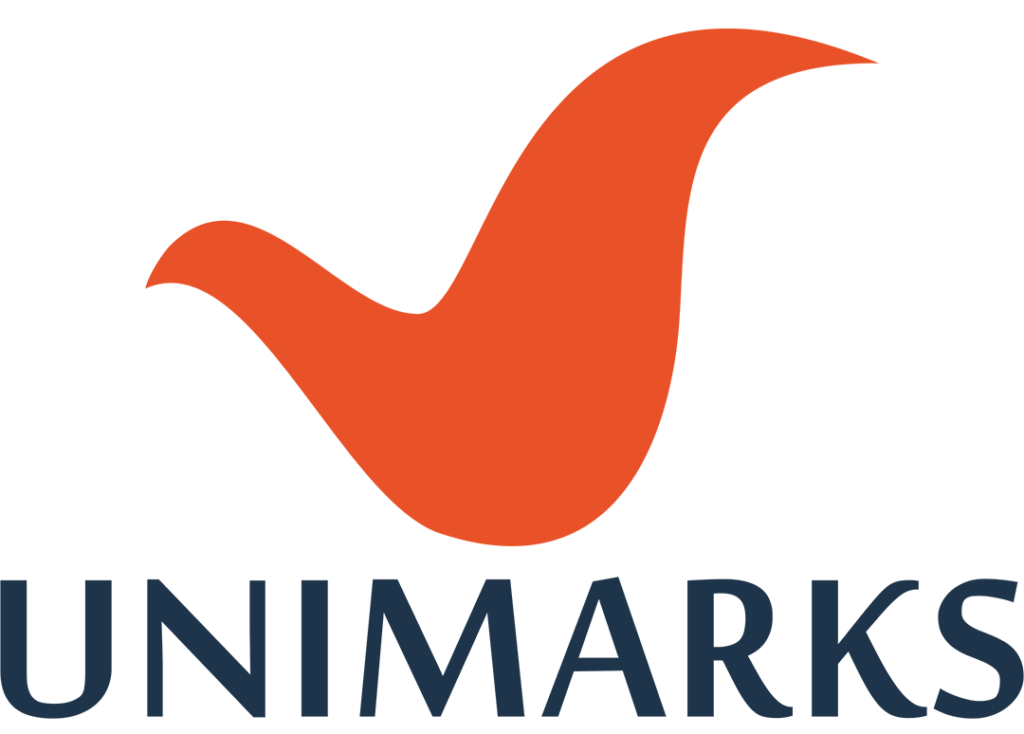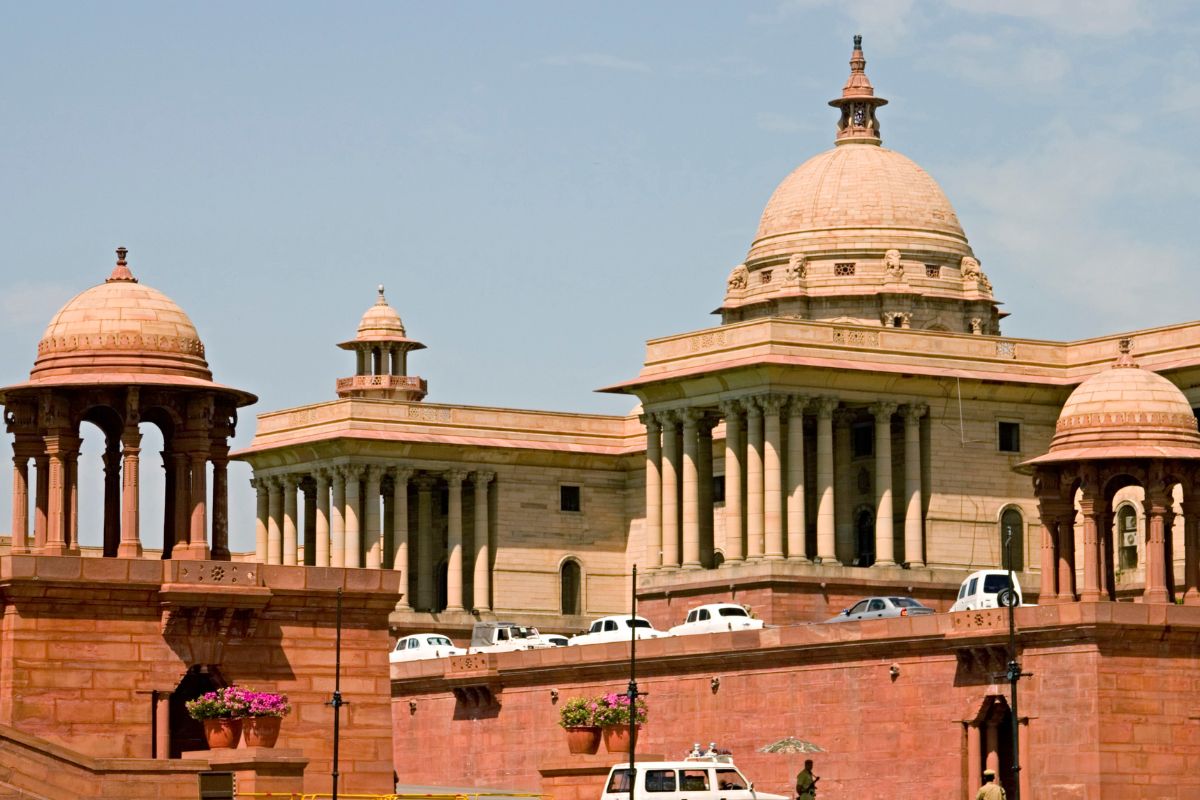Bombay High Court (IPD) stopped a Mumbai restaurant from trading as “Social Tribe” because it wholly adopted the registered mark SOCIAL, offered identical services in the same city, and then failed to appear despite service. The Court held that adding “TRIBE” (and copying the pink–orange–yellow look) didn’t avoid infringement, and granted an interim injunction restraining all use pending trial. If you can show total adoption, market overlap, service/non-appearance, and clean evidence, you can often secure fast, unopposed relief.
Also Read: How Indian Courts Revive Injunctions on Appeal: Insights from Trademark Appeal Lawyer
What happened (and why founders should care)
Impresario (owner of the SOCIAL chain) sued a Mumbai outlet styling itself “Social Tribe.” The Court recorded that the defendant had been served by email and speed post, yet did not appear; the plaintiff’s pleadings stood unrefuted. On a simple side-by-side, the judge found the SOCIAL mark copied in its entirety, the “TRIBE” suffix irrelevant, the colour scheme deceptively similar, and the services identical – classic ingredients for quick relief. The injunction restrained use of SOCIAL and any deceptively similar mark in trade name/label/theme.
For founders and operators, the lesson is procedural and strategic: when a rival lifts your entire mark and plays in your exact market, your best shot at speed is a focused comparison record, proof of service, and a crisp demonstration of prima facie rights, irreparable harm, and balance of convenience.
The Court’s reasoning (the logic before the order)
- Whole-mark adoption: The defendant’s use “SOCIAL TRIBE” kept SOCIAL intact. The Court said the suffix didn’t cure the adoption; on a first look, it’s your brand.
- Get-up proximity: The pink–orange–yellow palette was called out as deceptively similar, reinforcing the risk of confusion.
- Identical services, same city: Restaurants/bars—same service—in Mumbai. Overlap amplifies confusion and favours swift restraint.
- Service + non-appearance: Multiple opportunities; no show. The Court noted service via email and speed post and treated the case as unopposed on facts.
- Triad for interim relief: With prima facie infringement made out, the Court found irreparable harm and balance of convenience in the plaintiff’s favour; it called the imitation “brazen” and granted an injunction in terms of the prayer clauses.
Also Read: When Descriptive Words Become Infringing: The Bombay HC ‘Tikha Lal’ Trademark Case
The blueprint: how to win ex parte in “total adoption” cases
Evidence pack → Service → Comparison → Legal triad → Tailored prayers
- Evidence pack (brand strength): Registrations (classes for restaurants and formatives), scale (e.g., 50 outlets), sales/marketing to show reputation. The order recites a cumulative turnover ~₹1,500 cr and 100+ registrations—clean proof of goodwill helps.
- Service record: File email service, speed post/AWBs, and any returned-unclaimed packets, so the Court is comfortable proceeding ex parte if needed.
- Side-by-side boards: Put SOCIAL vs SOCIAL TRIBE on a page; call out colour scheme, typography, menu/board shots, and storefront. The Court’s comparison table was decisive.
- Legal triad: Argue prima facie infringement (total adoption); irreparable harm to goodwill; balance of convenience (you’re the registered proprietor; confusion ongoing).
- Prayers that matter: Seek restraint on use in name/label/theme, offline & online; ask for take-down directions; preserve accounts/stock for later reliefs. The order granted restraint across products/services, advertising, display, stocking.
Also Read: Trademark Registration in India: How Courts Protect Device Marks from Overzealous Dissection
Flowchart (internal SOP you can follow)
Detect copycat → Freeze evidence → Serve → File with comparisons → Seek ex parte hearing → Enforce
- Detect: Screenshots, storefront photos, menu cards, Instagram/Maps links.
- Freeze: Notarised captures; date-stamped images; domain/handle evidence.
- Serve: Email + speed post; track delivery/returns.
- File: Commercial IP suit + interim application; annex registrations, use and comparison boards.
- Hearing: Press total adoption + identical services + same city; highlight non-appearance.
- Enforce: Hand order to aggregators, listing sites, and payment partners for rapid compliance.
Case timeline (compressed)
- 2001→ SOCIAL brand built; national footprint; large ad spend.
- July 2022: Impresario discovers “Social Tribe” in Mumbai; sends notices (Aug & Dec 2022).
- Mar & Apr 2024: Court records service on the defendant.
- 12 Jun 2025: Interim injunction granted; suffix TRIBE and similar colours don’t help; restraint in terms of prayer clauses (a) & (b).
Also Read: Deceptively Similar Trademarks – Landmark Yamaha Trademark Case
Comparison table — what swayed the judge
| Element | SOCIAL (plaintiff) | Social Tribe (defendant) | Court’s take |
|---|---|---|---|
| Word element | “SOCIAL” | “SOCIAL TRIBE” | Entire mark adopted; suffix TRIBE no cure. |
| Colours/look | Pink–orange–yellow gradient devices | Similar palette & vibe | Deceptively similar get-up. |
| Services & city | Restaurants/bars in Mumbai (and beyond) | Restaurant in Mumbai | Identity of services; same city aggravates risk. |
| Procedural posture | Proof of service; robust evidence | No appearance despite service | Pleadings unrefuted; favours ex parte relief. |
Checklist — file like you expect an ex parte order
- Registrations docket: Core mark + formatives (list classes; annex certificates).
- Use & reputation: Outlets, sales, ad spend, social metrics (numbers matter on balance of convenience).
- Comparison kit: One-page board showing whole-mark adoption and similar colours.
- Service proof: Email service logs, speed post tracking, returned-unclaimed slips.
- Prayers: Restraint on use, advertising, display, stocking; mirror the SOCIAL order’s language for completeness.
Sparring-partner skeptic check (let’s not over-claim)
- “Any suffix is useless?” Not always. But where the core mark is lifted entirely and services overlap, suffixes/prefixes usually fail at the interim stage. SOCIAL/TRIBE shows why.
- “Ex parte = automatic?” No. Judges need clean service, credible evidence, and tight prayers. Sloppy service or weak comparisons can sink speed.
- “This decides the final trial?” No—this is interim. But robust interim relief often stabilises the market while merits are tried.
Also Read: Parachute v. Cocoplus: The Case o Look-Alike Bottles and the Deceptively Similar Trade Dress
About the Author
Suresh Kumar, Advocate, is the Managing Attorney at Unimarks Legal Solutions, Chennai. Practising since 2008, he focuses on trademark infringement and passing off, appeals from the Registrar, rectification, and online/platform enforcement before the Madras High Court (IPD), Commercial Courts, and District Courts across Tamil Nadu. His practice is courtroom-first, grounded in robust pleadings, evidence discipline, and post-order enforcement. He frequently speaks on IP law at industrial forums and universities and is associated with SICCI, CII, and the Tamil Nadu Chamber of Commerce.
Sources: Bombay High Court interim order in Impresario Entertainment & Hospitality Pvt Ltd v. Social Tribe
This article is for information and education. It is not legal advice, does not create a lawyer–client relationship, and avoids case-specific recommendations. Conflicts are screened per firm policy before any engagement.





